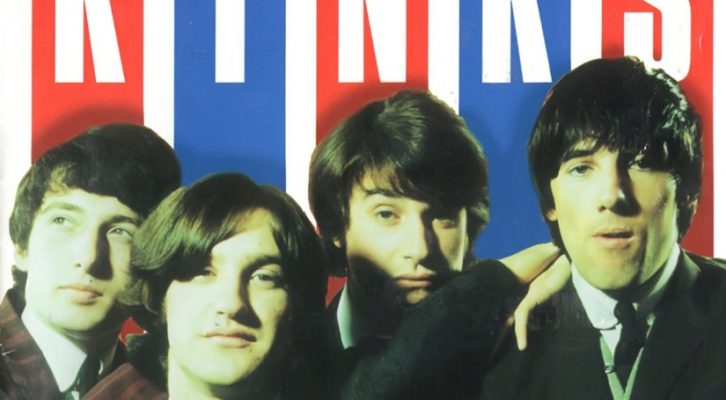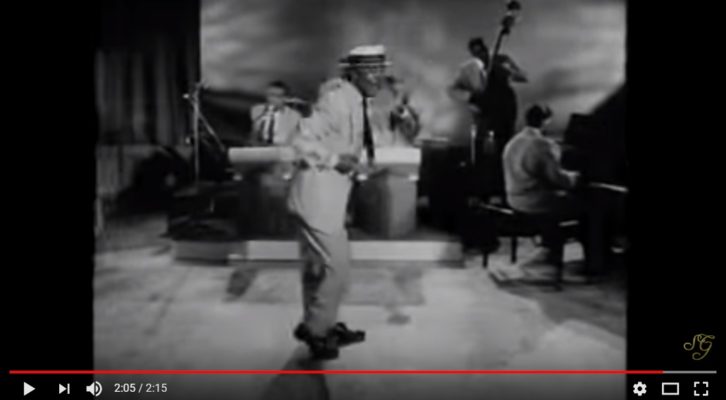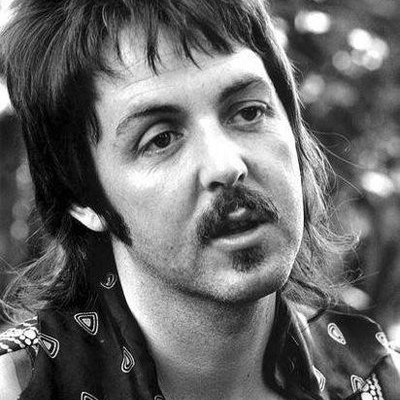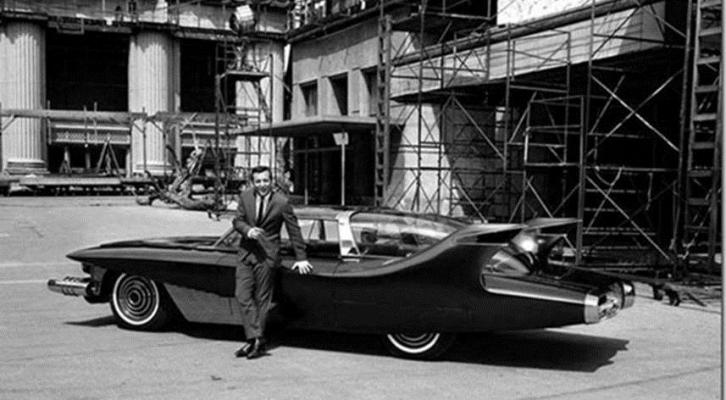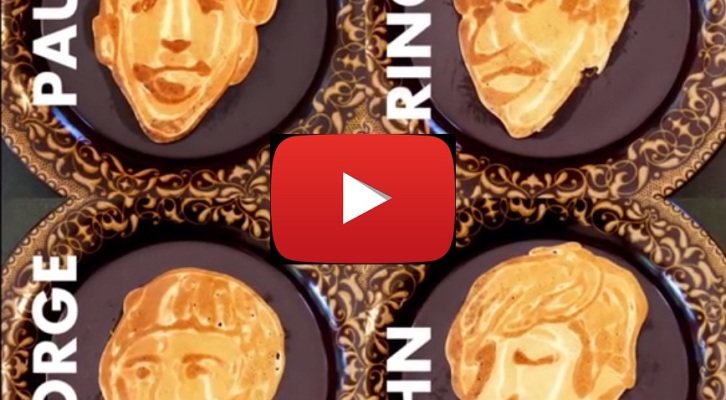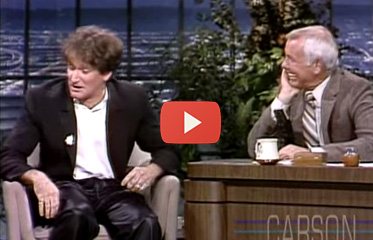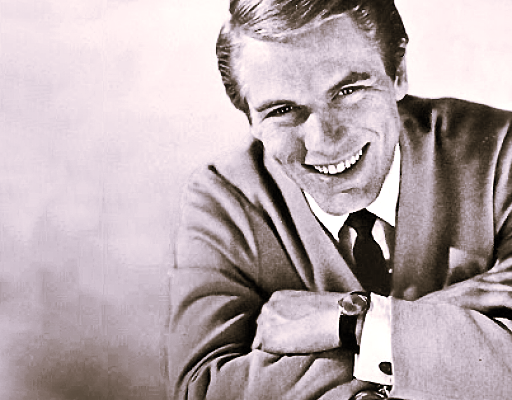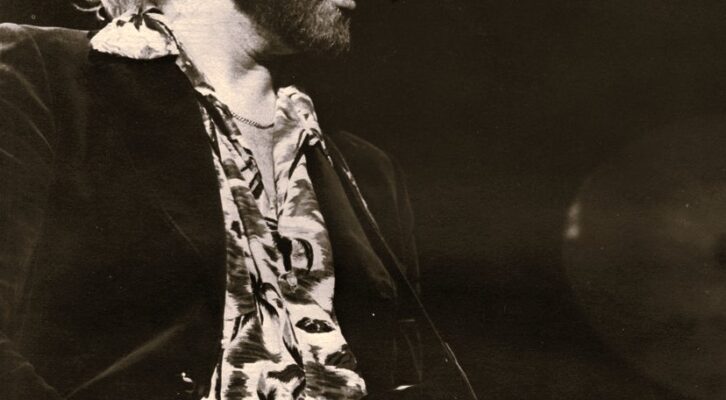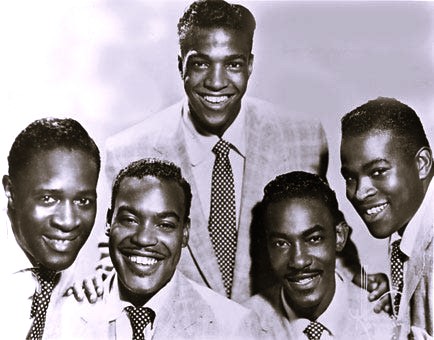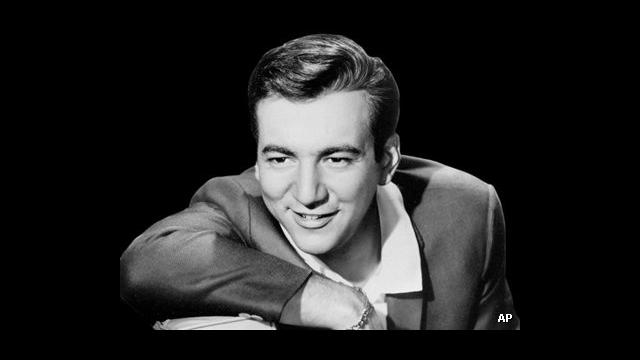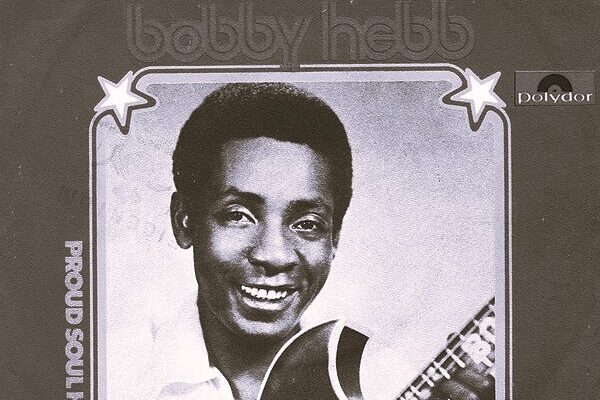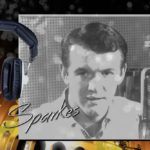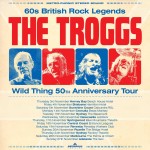How Did Clive Shakespeare Become One Of The All-Time Greats?
Clive Shakespeare made his mark as a founding member and key songwriter for Sherbet, one of Australia’s most iconic pop-rock bands. From his early days in various Sydney bands to forming Sherbet and achieving chart-topping success, his journey is nothing short of inspiring.
At Jukebox Saturday Night, we will take you to a world of fascinating stories around the web that shed light on the influences of music icons like Shakespeare, Johnnie Ray and more.
Read on to learn more about the art and passion that moulded Shakespeare’s remarkable career.
Career beginnings
Early bands and collaborations
After emigrating to Australia with his family in 1964, Clive Shakespeare quickly immersed himself in music, despite initially training as an advertising and marketing assistant. He engaged actively in Sydney’s thriving music scene.
In 1968, Shakespeare became part of the Road Agents, marking a momentous moment in his career. He also helped start Down Town Roll, a band noted for its Motown covers. These initial experiences were instrumental in shaping his musical talent and stage skills.
These early experiences in various bands helped him develop his musical skills and stage presence, which would be crucial for his later success.
Developing skills
His early career was characterised by:
- Playing various instruments, which refined his musical skills.
- Performing at diverse venues, improving his stage presence.
- He collaborated with different musicians, which broadened his musical perspective and network.
This combination of practical experience and technical training equipped Shakespeare with the creative and performance abilities that later defined his success.
The beginning of the band Sherbet
Formation of the classic lineup
In 1969, Clive Shakespeare joined forces with Doug Rea and Danny Taylor to create Sherbet, aiming to carve a niche in the pop/rock scene. The early years were a whirlwind; the lineup changed frequently as the band searched for the perfect blend of talent and chemistry.
By 1972, they had solidified a classic lineup:
- Clive Shakespeare on guitar
- Daryl Braithwaite on vocals
- Garth Porter on keys
- Alan Sandow on drums
- Tony Mitchell on bass
This combination of members paved the way for their rise to fame.
Early successes
Sherbet’s beginnings were marked by cover versions released on the Infinity Records label, distributed by Festival Records. These initial singles helped them gain traction in the competitive music scene.
Key milestones in their early success include:
- The release of their first original album, Time change… a natural progression in 1972. This album earned them significant recognition and growing popularity.
- Singles like ‘You’ve got the gun’ and ‘Cassandra’ achieved modest chart success, laying a solid foundation for their future hits.
A band that helped shape Australian pop rock
Sherbet, along with contemporaries like Skyhooks, became a hallmark of Australian pop rock in the 1970s. Their substantial influence stemmed not just from their music but also from their image.
Here are some of the noteworthy aspects of Sherbet’s influence:
- Their clean-cut, boy-next-door appearance contrasted sharply with the bad boy image embraced by many of their peers, attracting a loyal fan base.
- Their contributions to Australian pop rock helped define the genre and set a template for future bands in the nation, impacting the music scene significantly.
Songwriting breakthroughs
Sherbet’s rise to fame was greatly influenced by the songwriting partnership between Clive Shakespeare and Garth Porter. Their work together was crucial in shaping Sherbet’s distinctive sound and success.
Collaboration with Garth Porter
When Garth Porter joined Sherbet, he and Clive Shakespeare started a songwriting team that produced some of the band’s biggest hits. Together, they crafted hits that left an indelible mark on Australian pop-rock:
- ‘Cassandra’. This is a melodically rich track showcasing Clive’s intricate guitar work.
- ‘Slipstream’. This song highlighted the band’s evolving sound and Porter’s harmonic keys.
- ‘Silvery moon’. This song has deep lyrics and catchy music that many people enjoy.
Hit singles and albums
Sherbet’s success was marked by a consistent stream of hit singles and popular albums. Their ability to connect with both fans and the wider pop-rock audience was evident through their music.
Sherbet’s chart-topping triumphs included:
- Consistent Top 40 success. From 1971 to 1977, Sherbet released 16 consecutive singles that made it into Australia’s Top 40.
- Number one hits. The band achieved major success with chart-topping singles like ‘Summer love’ in 1975 and ‘Howzat’ in 1976, each reaching #1 in Australia.
- Top-ranking albums: Albums like Slipstream and Life… is for living each secured the #3 spot on the Australian charts, proving the band’s ability to produce appealing and well-received albums.
- Record-breaking compilation: Their first compilation album, Sherbet’s greatest hits (1970–1975), reached the #1 position in Australia, further cementing their legacy and illustrating their lasting impact.
These achievements highlight Sherbet’s ability to consistently produce quality music that connects with people.
Life after Sherbet
After leaving Sherbet in 1976, Clive Shakespeare broadened his musical horizons by establishing Silverwood Studios. This 16-track recording studio, located beneath his home in Sydney, quickly became a magnet for artists eager to tap into Clive’s expertise and innovative production capabilities.
Aside from being a technical facility, Silverwood Studios became a creative haven. Some notable artists who recorded here include:
- The Angels. This Australian rock band is celebrated for their dynamic and high-energy performances.
- Mental as Anything. This band is known for their unique and quirky style of pop and rock music.
- Tommy Emmanuel. He is a widely acclaimed guitar virtuoso.
- Gina Jeffreys. She is a well-known singer in the country music scene.
- The Game. This pop rock band is beloved by many fans.
- Avion. This rock band was especially popular in the late 1970s and early 1980s.
- Keith Urban. He is a superstar in country rock music, noted for his early contributions to the genre.
Each of these artists benefited from Shakespeare’s unique production touch, ensuring that Silverwood Studios was more than just a space – it was a signature sound.
Notable production projects
One landmark project at Silverwood Studios was the co-production of Paul Kelly’s debut solo album, Post in 1985. Kelly, who would later become a legendary figure in Australian music, crafted an album that connected deeply with audiences, setting the tone for his illustrious career.
Shakespeare’s involvement lent credibility and a polished edge, underscoring his role in shaping iconic Australian music beyond his time with Sherbet.
Sherbet reunion and later years
Clive Shakespeare rejoined Sherbet for a series of reunion concerts, including the Countdown Spectacular tour in 2006 – his final public appearance with Sherbet. These sessions rekindled the magic of Sherbet for a new generation and reinvigorated long-time fans.
Final performances and tributes
Unfortunately, Shakespeare’s health began to decline in the late 2000s as he battled prostate cancer. He was unable to join Sherbet for the Gimme That Guitar tribute concert in 2011, held in honour of Harvey James, the guitarist who took his place in the band.
Despite health challenges, Shakespeare remained active in music production until his passing in 2012. His story is one of artistic brilliance, resilience and influence – an enduring legacy that continues to shape music in Australia.
Key Points to Remember
- Founding Sherbet. Clive Shakespeare helped start Sherbet, shaping Australian pop-rock.
- Early music scene. He started to become active in Sydney’s music scene in 1964.
- Diverse skills. Shakespeare developed skills in various instruments and stage presence early in his career.
- Chart success. Sherbet released 16 Top 40 singles from 1971 to 1977.
- Number one hits. Hits like ‘Summer love’ and ‘Howzat’ topped Australian charts in the mid-1970s.
- Iconic albums. Albums like Slipstream reached top positions, showing their widespread appeal.
- Legacy albums. Sherbet’s Greatest Hits compilation topped the charts, cementing their legacy.
- Silverwood Studios. After Sherbet, he founded Silverwood Studios, influencing many artists.
- Production excellence. He co-produced Paul Kelly’s debut album, Post, showcasing his production skills.
- Lasting impact. Shakespeare’s work left a lasting legacy in Australian music, influencing future generations.
Journey through the iconic hits of the past with Jukebox Saturday Night, where timeless music lives on.







